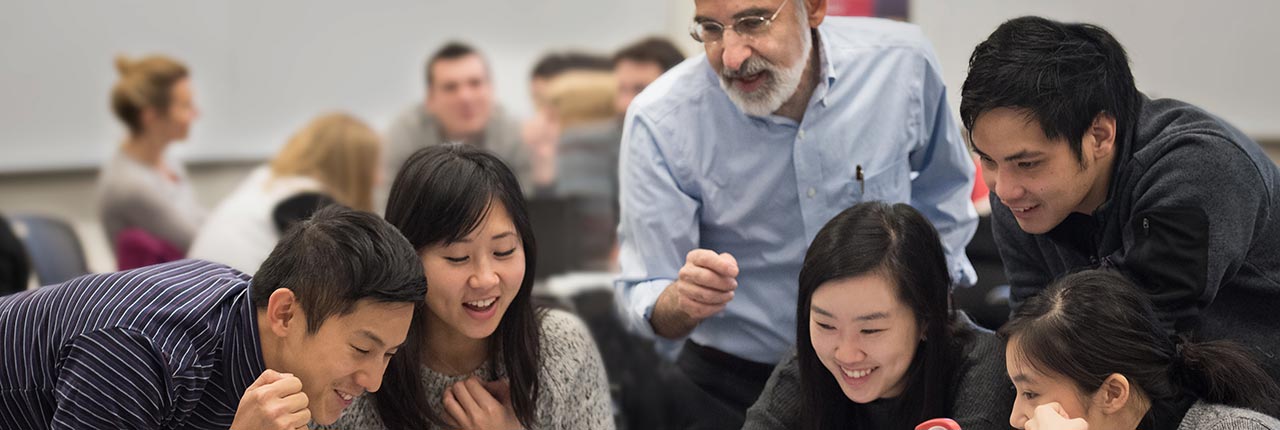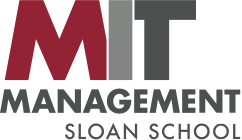
Implementing Improvement Strategies:
Dynamic Work Design
October 31 – November 1, 2017
Cambridge, Massachusetts, U.S.
“In today’s challenging business climate, it’s essential that companies develop management and operational practices that are based on sound principles. Don Kieffer’s hands-on style and business insights are invaluable to any executive team looking to lead their organizations in this competitive business environment.”
— BILL DANNEHL, Former Executive VP, Harley-Davidson
This program provides practical tools and methods for sustainable improvement efforts of any scale, in any industry, and in any function. It is built on a foundation of principles and methods called Dynamic Work Design and can be adapted to any type of work in any type of organization.
Proceeding from principles, not practices, is a key to sustainable change, allowing integration with current culture, processes, and practices, while delivering fast results with little overhead of training or major initiatives. The method has proven to work in businesses as diverse as oil/gas, DNA sequencing and engineering/innovation and works at the scale of discrete problems or organizational-wide strategic efforts. Improvement begins to happen in rapid and natural ways; results begin showing up almost immediately.
Program Faculty
Sheila Dodge General Manager, Genomics Platform, Broad Institute
Don Kieffer Senior Lecturer, Operations Management
Nelson Repenning School of Management Distinguished Professor of System Dynamics and Organization Studies and Associate Dean of Leadership and Special Projects
Please note that faculty are subject to change and not all faculty teach in each session of the program.
Sample Program Schedule (subject to change)
Day 1
7:45 AM–8:30 AM
- Registration and Continental Breakfast
8:30 AM–11:30 AM
- Introduction and Program Objectives
- Principles of Improvement
- Practical Applications: Implement in Action
11:30 AM–12:30 PM
- Networking Lunch
12:30 PM–5:30 PM
- Problem Solving, Structured Thinking
- Problem Solving, Practice, and Live Coaching
- Practical Applications II; The Kieffer Company Simulation
5:30 PM–6:30 PM
- Reception
Day 2
7:45 AM–8:30 AM
- Continental Breakfast
8:30 AM–10:00 AM
- Systematic Management
10:30 AM–12:00 PM
- Practical Systematic Management
12:00 PM–1:00 PM
- Networking Lunch
1:00 PM–2:30 PM
- Scaling up: Visual Management and Collapsing Square
3:00 PM–4:30 PM
- How Do Leaders Show Up?
4:30 PM–5:00 PM
- Adjournment
Takeaways
The main purpose of this program is twofold: one is to help participants understand how continuous improvement strategies, sustained over a long period of time, affect core business metrics and contribute to the success of the organization from bottom-up and top-down perspectives; and the other is how to change the way managers see work and their own roles as leaders in the culture of improvement. This program will enable participants to:
- Understand the principles and approaches that drive improvement; and apply them in all areas in the context of a particular company, thus creating a tangible culture of continuous improvement
- Implement improvement naturally in their everyday work, not from a prescribed list, but from a deep personal understanding of the principles
- Recognize successful improvement initiatives already in place and build on them
- Make results (and problems) visible so that they can be addressed constructively
- Not just remove defects, but learn how to design work correctly from the beginning
Ready to enroll in the course?
Enter IIS10 for 10% off the course
MIT Sloan Executive Education
1.617.253.7166
sloanexeced@mit.edu
http://executive.mit.edu/iis

